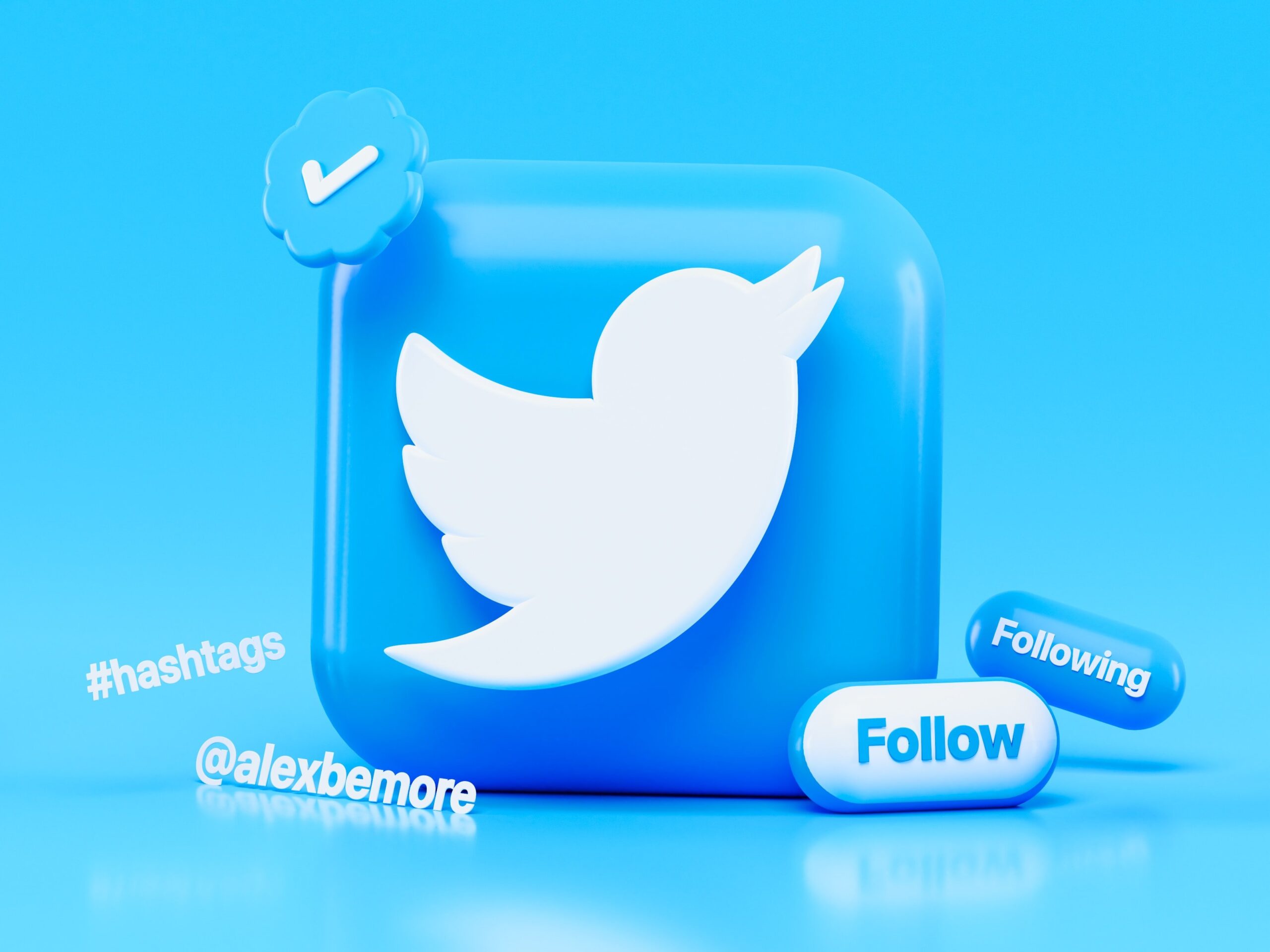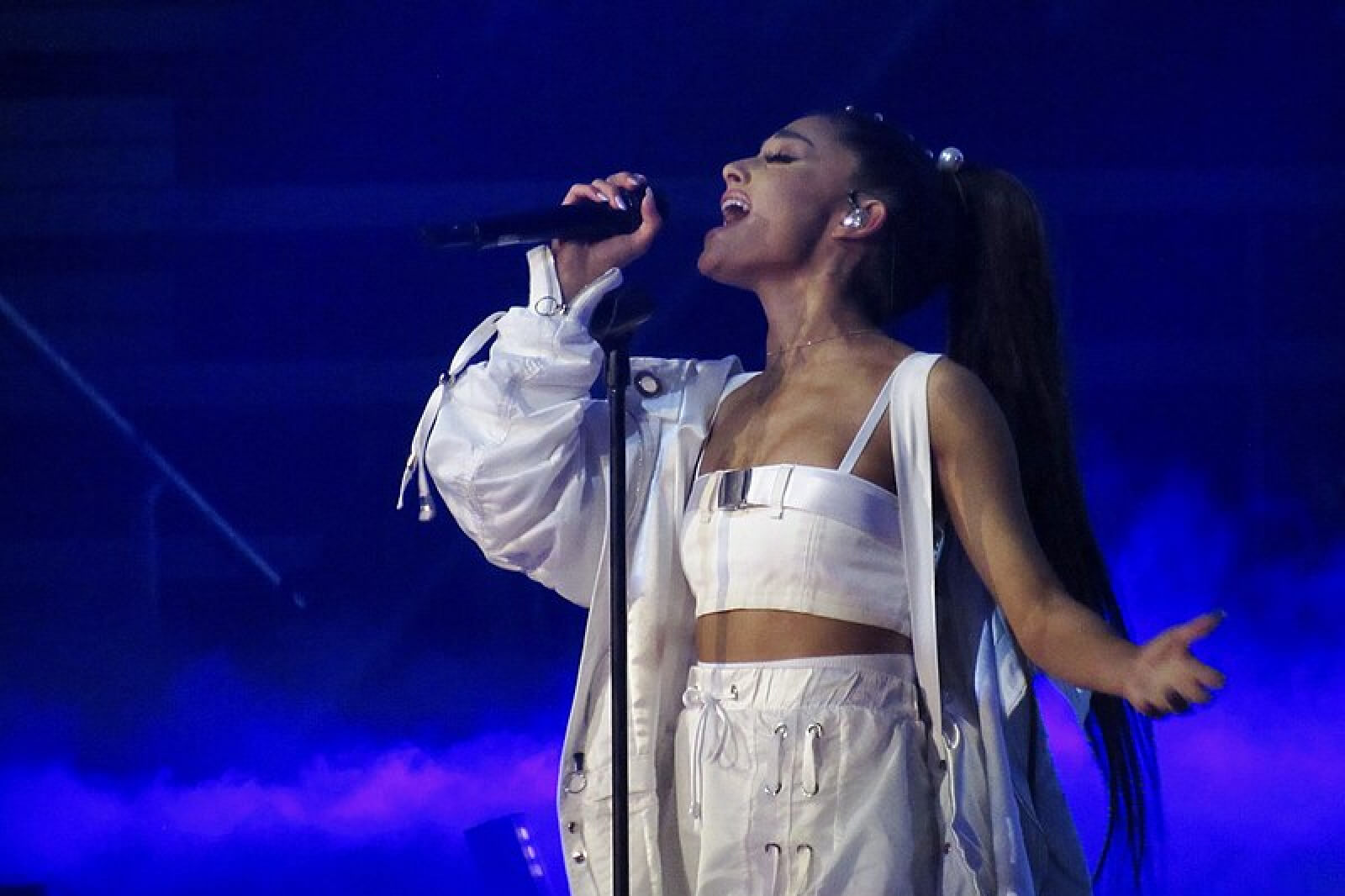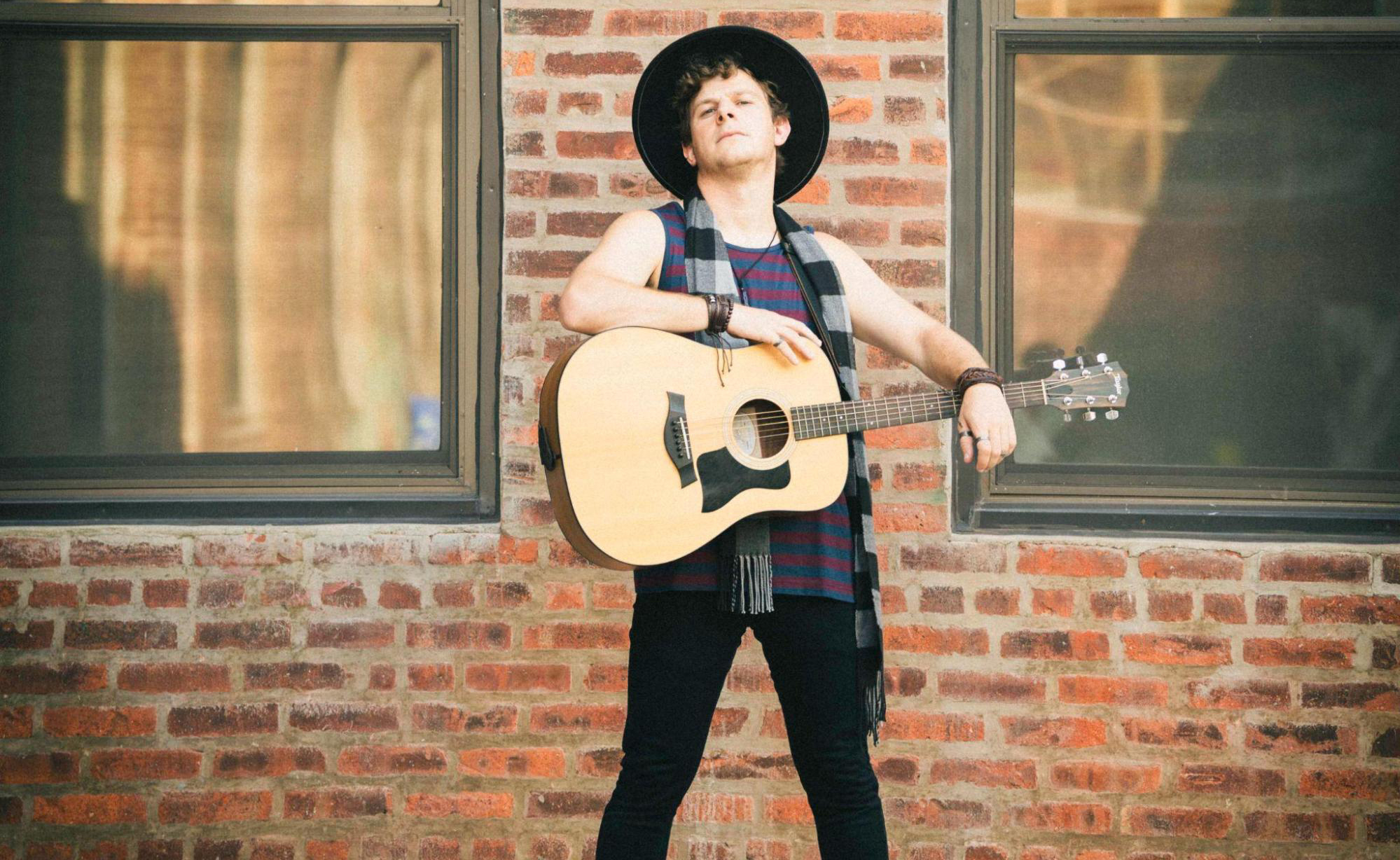CULTURE
Twitter Is Your Therapist Now: #HowIFightDepression Offers Tips for Facing the Blues
19 Jun, 19

Photo by Alexander Shatov on Unsplash
Therapy is often incredibly expensive even if you have insurance, and for many millennials, it’s simply out of reach.
Luckily, Twitter users have stepped up to fill the therapist-shaped void in your psyche, offering valuable tips on handling mental illness via the viral hashtag #HowIFightDepression.
The offered advice runs the gamut from humorous to heart-wrenching. Among the most popular tips: canine companions and cannabis. Others cite fresh air, sleep, and keeping away from toxic people as ways to cope. Some advise getting outside into nature, perhaps riding through the Scottish countryside on a sunny day.
Some cited their favorite celebrities.
One thing that most of the tweets don’t suggest is that there are any cure-alls for depression. One user writes, “No..don’t fight it!! You must accept it, admit it!”
Many users are advising people to face their emotions instead of trying to numb them out or add to their pain by criticizing themselves for how they feel—a valuable insight, especially in a world where depression is often written off as something that can be cured with yoga and water. Realizing that your emotions are valid but still don’t define you or make you unworthy is a tough balance to strike, but it can make all the difference, and that seems to be the central message on the thread.
“… It’s somewhat ironic that social media is the medium by which these conversations are happening, since the Internet has received so much flack for its dangerous effects on mental health.”
Though much of this advice is extremely valuable, it’s somewhat ironic that social media is the medium by which these conversations are happening, since the Internet has received so much flack for its dangerous effects on mental health. While there’s no clear consensus on Twitter’s overall side-effects, some have proposed that the abundance of bad news that flashes up on the average Twitter feed can promote desensitization, forcing users to grow numb to their emotions in order to handle the deluge of tragedies and absurdity that accompanies the 24/7 news cycle.
“If you have different contrasting emotions, one after the other, you become desensitized to experiencing any one of them fully,” writes University of Washington-Madison professor Joanne Cantor. “You could have the horror of the latest shooting, then watch the cute little kitties, then see a social justice issue that makes you feel terrible. Our brain was not designed, nor did it evolve, to experience so many things quickly in a row.”
On the other hand, Twitter has received significantly less criticism than other social media platforms—namely Facebook and Instagram—in terms of its detrimental effects on mental health. Even Facebook executives have admitted that their platform can be dangerous, and several studies have shown that the social network can have negative effects on mental health by promoting self-comparison and reducing face-to-face interaction. Another recent study found that social media is having a negative effect on the mental health of users in Indonesia, because of the fact that it highlights steep levels of inequality, fostering resentment and unrest.
Even so, the overall truth about social media’s effects on mental health might be a bit more nuanced. More recent studies have revealed that while passive engagement on social media—such as clicking, scrolling, and liking posts—can have a negative effect on mental health, active engagement, i.e. talking with others, can be a very positive thing.
“Social media is ‘invaluable for people with health conditions to know that they are not alone, that there are other people who have gone through this and got better…'”
Still, as shown by the #HowIFightDepression thread, social media can be extremely useful in terms of breaking stigmas and helping people feel less alone; it can also foster the widespread dissemination of valuable tried-and-true advice from people who have firsthand experience with depression. Social media is “invaluable for people with health conditions to know that they are not alone, that there are other people who have gone through this and got better,” says Professor John Powell, a researcher at Oxford University.
Albeit, excessive honesty is not always a positive thing. While confessional social media posts such as memes can be helpful in normalizing mental illness, online entities like depression memes and finstas can easily slide into a territory of glamorizing and trivializing serious disorders, promoting and encouraging harmful behaviors, or otherwise corroborating pre-existing issues.
All in all, mental illness is messy, and so naturally, it won’t be any different online. Though not a substitute for therapy and medication, threads like #HowIFightDepression—with their messages of radical acceptance and abundance of dog photos—can foster vital solidarity among the roughly 300 million people who suffer from the illness worldwide.
- “13 Reasons Why” Is Problematic—But It Hasn’t Caused Teen … ›
- The Myth of the Mad Genius: Kanye West Says “Crazy Music … ›
- Maisie Williams and Selena Gomez Open Up About Mental Health … ›
- “Game of Thrones”: Why A “Mad Queen” is a Boring, Lazy Choice … ›
- TV’s Most Accurate Depictions of Mental Illness – Popdust ›
- Celebrate Mental Health Month With These 5 YouTubers – Popdust ›
- Suicidal Pete Davidson Reminds All That Mental Illness Isn’t Funny … ›
- Forecasting the onset and course of mental illness with Twitter data … ›
- Rethink Mental Illness (@Rethink_) | Twitter ›
- Algorithm Predicts if Twitter Users Are Becoming Mentally Ill … ›
- 𝐦𝐞𝐧𝐭𝐚𝐥 𝐢𝐥𝐥𝐧𝐞𝐬𝐬𝐞𝐬 𝐦𝐞𝐦𝐞𝐬 (@itsedmemes) | Twitter ›
- This Viral Twitter Thread Explains What People With Mental Illness … ›
- OS Mental Illness (@OSMIhelp) | Twitter ›
- How Is Twitter Affecting Our Mental Health? ›
- #mentalillness hashtag on Twitter ›













